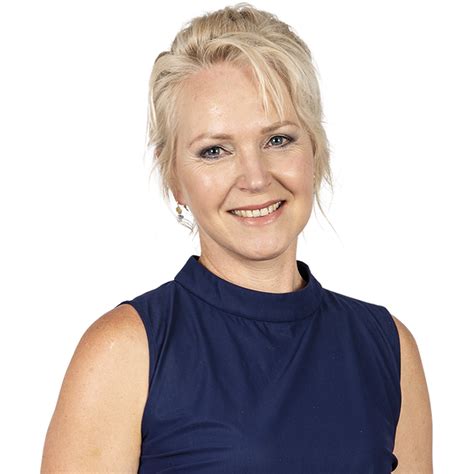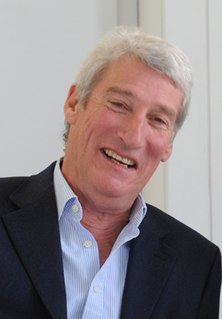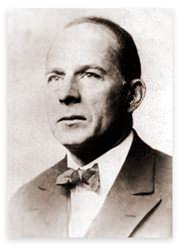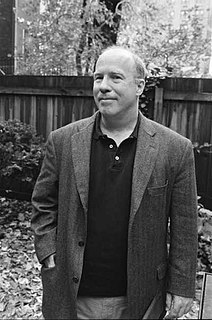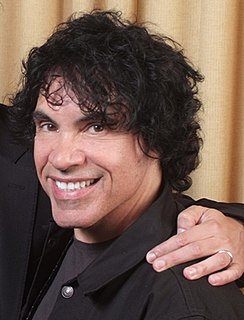A Quote by John Kenneth Galbraith
Few economic problems, if any, are difficult of solution. The difficulty, all but invariably, is in confronting them. We know what needs to be done; for reasons of inertia, pecuniary interest, passion or ignorance, we do not wish to say so.
Related Quotes
Parents who are stressed or disturbed will have more difficulty in meeting their children's needs. Parents who have little support--from friends, relatives, neighbors, or the community--are more likely to be overburdened by the demands of their babies and to be unable to respond to them adequately. Parents who experience severe poverty or economic insecurity, who cannot satisfy their own basic needs, are likely to have difficulty in responding to their children's needs.
We started out with a lot of bands in the same generation as ours, and there are very few left. Mainly, I think people get into it for the wrong reasons. They either want fame or the girls. I think music has to be a fun experience, but it also needs to be in your blood. I firmly believe I was born to write beautiful music, and that's what I do, and that's why I don't do anything else, because I have no interest and no passion for it.
We cannot point to a single definitive solution of any one of the problems that confront us — political, economic, social or moral, that is, having to do with the conduct of life. We are still beginners, and for that reason may hope to improve. To deride the hope of progress is the ultimate fatuity, the last word in poverty of spirit and meanness of mind. There is no need to be dismayed by the fact that we cannot yet envisage a definitive solution of our problems, a resting-place beyond which we need not try to go.
All of us have problems. We face them every day. How grateful I am that we have difficult things to wrestle with. They keep us young, they keep us alive, they keep us going, they keep us humble. Be grateful for your problems, and know that somehow there will come a solution. Just do the best you can, but be sure it is the very best.
I think that the first point to be made is there is no "solution" in Afghanistan. Solution I put in quotes. We live in an op-ed culture, which is to say, you always need to have a solution. The last third of that op-ed piece needs to say, "Do this, this, this and this." There is no this, this, this, and this, that will make Afghanistan right.

